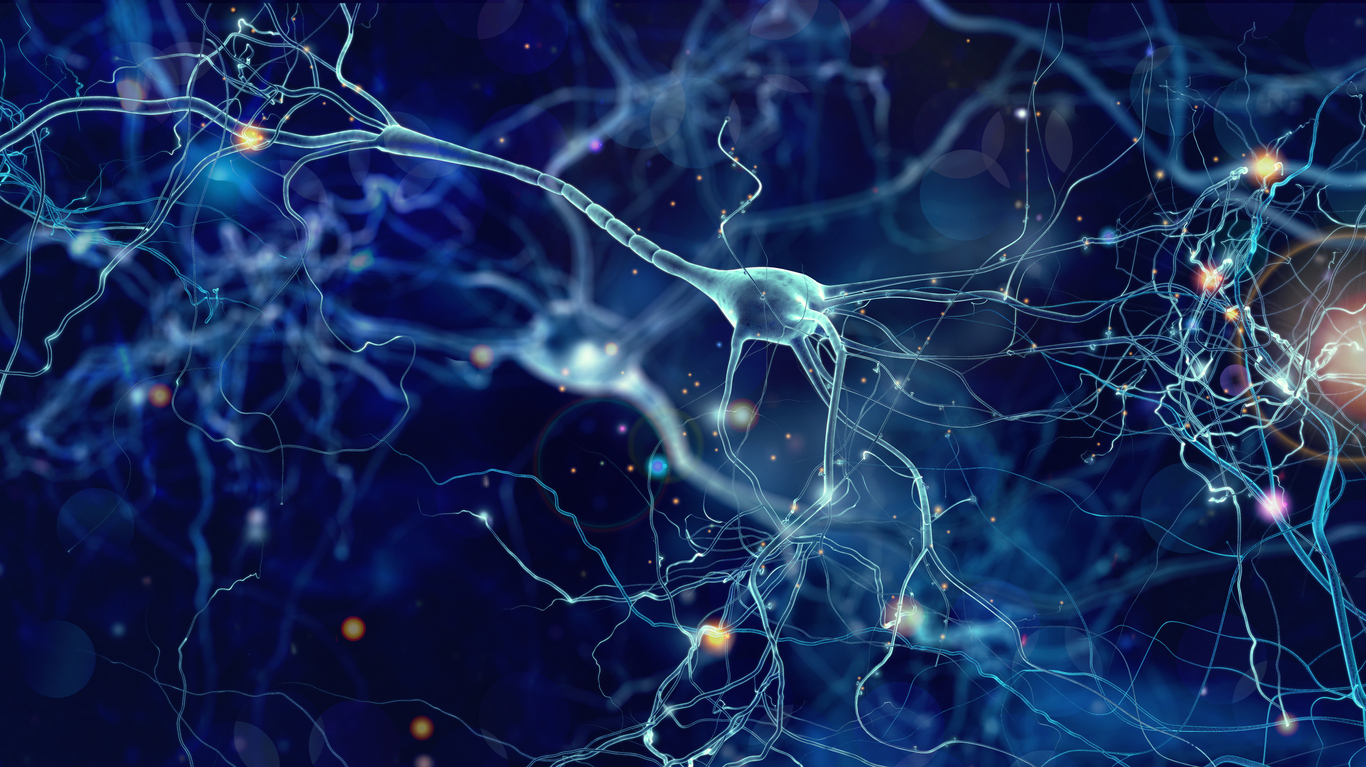As many as 1 in 3 coronavirus patients could experience neurological or psychological after-effects


A free daily email with the biggest news stories of the day – and the best features from TheWeek.com
You are now subscribed
Your newsletter sign-up was successful
The effects of the coronavirus do not end when patients "leave the hospital," Wes Ely, a pulmonologist and critical care physician at Vanderbilt University Medical Center, told Stat News. And one of the ways COVID-19 appears to linger in recovered hospitalized patients is its effect on neurological and psychological well-being — Stat reports as many as 1 in 3 recovering patients could experience after-effects in those areas.
This "COVID fog" makes patients feel like they "can't think," writes Stat. Since the early days of the pandemic in China and Europe, clinicians have described patients who continue to suffer from things like nerve damage, cognitive impairment, depression, and anxiety after their release. It's unclear if and when those folks will see their conditions improve, but experts are using their experience treating other pathogens and delirium after Intensive Care Unit stays, using results from brain autopsies and interviews with patients to get a sense of what's really going on.
"We would say that perhaps between 30 percent and 50 percent of people with an infection that has clinical manifestations are going to have some form of mental health issues," said Teodor Postolache, professor of psychiatry at the University of Maryland School of Medicine. "That could be anxiety or depression, but also nonspecific symptoms that include fatigue, sleep, and waking abnormalities, a general sense of not being at your best, not being fully recovered in terms of the abilities of performing academically, occupationally, potentially physically." Read more at Stat News.
The Week
Escape your echo chamber. Get the facts behind the news, plus analysis from multiple perspectives.

Sign up for The Week's Free Newsletters
From our morning news briefing to a weekly Good News Newsletter, get the best of The Week delivered directly to your inbox.
From our morning news briefing to a weekly Good News Newsletter, get the best of The Week delivered directly to your inbox.
A free daily email with the biggest news stories of the day – and the best features from TheWeek.com
Tim is a staff writer at The Week and has contributed to Bedford and Bowery and The New York Transatlantic. He is a graduate of Occidental College and NYU's journalism school. Tim enjoys writing about baseball, Europe, and extinct megafauna. He lives in New York City.
-
 Are AI bots conspiring against us?
Are AI bots conspiring against us?Talking Point Moltbook, the AI social network where humans are banned, may be the tip of the iceberg
-
 5 calamitous cartoons about the Washington Post layoffs
5 calamitous cartoons about the Washington Post layoffsCartoons Artists take on a new chapter in journalism, democracy in darkness, and more
-
 Political cartoons for February 14
Political cartoons for February 14Cartoons Saturday's political cartoons include a Valentine's grift, Hillary on the hook, and more
-
 Trump HHS slashes advised child vaccinations
Trump HHS slashes advised child vaccinationsSpeed Read In a widely condemned move, the CDC will now recommend that children get vaccinated against 11 communicable diseases, not 17
-
 FDA OKs generic abortion pill, riling the right
FDA OKs generic abortion pill, riling the rightSpeed Read The drug in question is a generic version of mifepristone, used to carry out two-thirds of US abortions
-
 RFK Jr. vaccine panel advises restricting MMRV shot
RFK Jr. vaccine panel advises restricting MMRV shotSpeed Read The committee voted to restrict access to a childhood vaccine against chickenpox
-
 Texas declares end to measles outbreak
Texas declares end to measles outbreakSpeed Read The vaccine-preventable disease is still spreading in neighboring states, Mexico and Canada
-
 RFK Jr. shuts down mRNA vaccine funding at agency
RFK Jr. shuts down mRNA vaccine funding at agencySpeed Read The decision canceled or modified 22 projects, primarily for work on vaccines and therapeutics for respiratory viruses
-
 Measles cases surge to 33-year high
Measles cases surge to 33-year highSpeed Read The infection was declared eliminated from the US in 2000 but has seen a resurgence amid vaccine hesitancy
-
 Kennedy's vaccine panel signals skepticism, change
Kennedy's vaccine panel signals skepticism, changeSpeed Read RFK Jr.'s new vaccine advisory board intends to make changes to the decades-old US immunization system
-
 Kennedy ousts entire CDC vaccine advisory panel
Kennedy ousts entire CDC vaccine advisory panelspeed read Health Secretary RFK Jr. is a longtime anti-vaccine activist who has criticized the panel of experts
